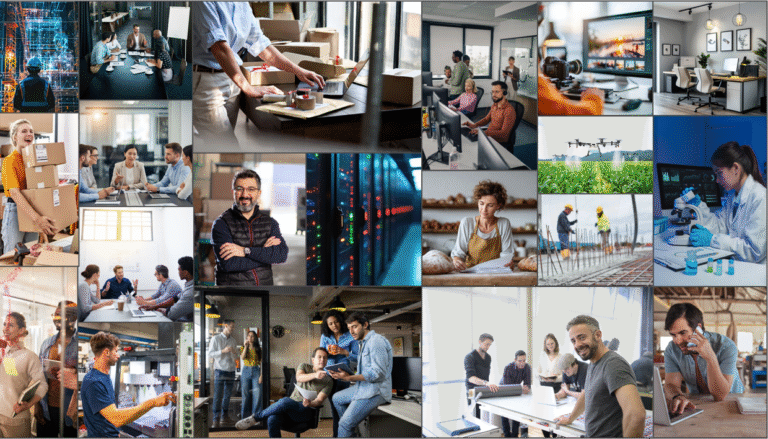
When should a startup start doing security?
It can be challenging to make space for security when all of your energy is focused on getting to market before the money runs out
Our views and opinions, and the results of our analysis of the technology and cyber security scene

It can be challenging to make space for security when all of your energy is focused on getting to market before the money runs out
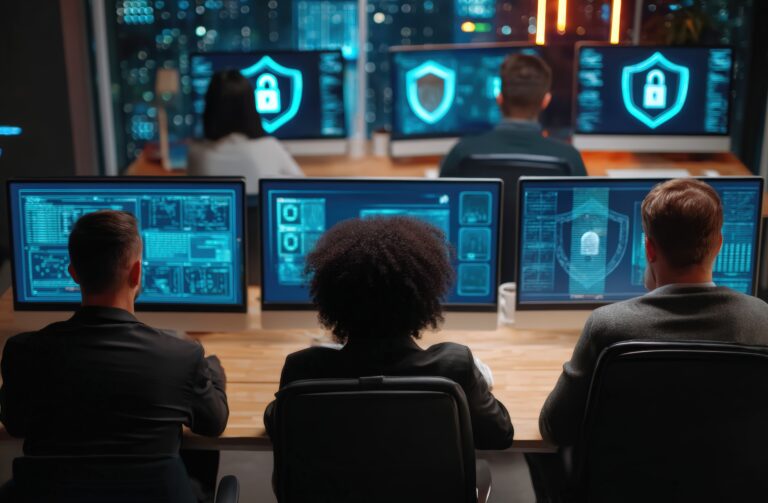
A Security Operations Centre is one of the hardest and most complex elements of your security to get right. This complexity is often overlooked, and misconceptions are drawn regarding the mission, scope and potential value.
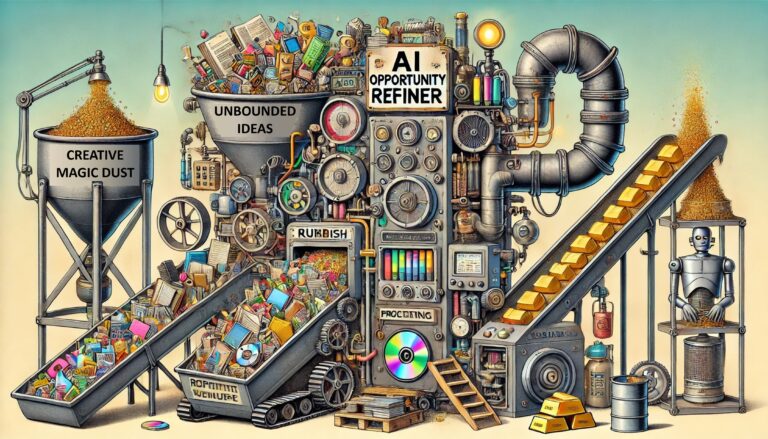
Between the “Dive in whatever the risks” tribe and the “I’m just going to wait and see” committee there is a more considered approach to AI adoption.
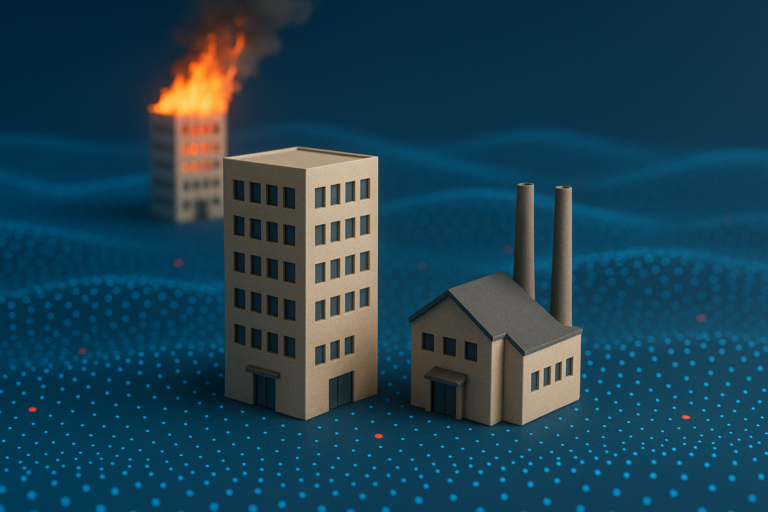
SMEs make up 99% of UK businesses, three fifths of employment, over 50% of all business revenue, are in everyone’s supply chain, and are exposed to largely the same threats as large enterprises. How should they get started with cyber security?

What’s your organisation’s type when it comes to cyber security? Is everything justified by the business risks, or are you hoping for the best?
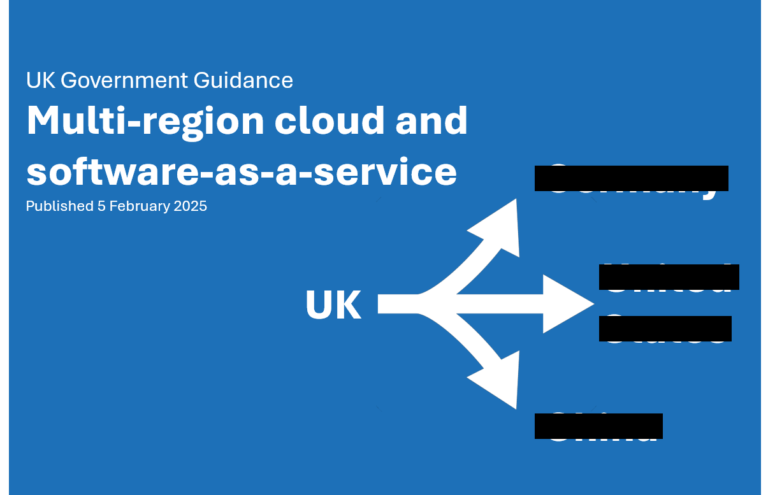
Recent government guidance encouraging departments to consider cloud solutions outside the UK is well intended. But it leaves more questions than answers in a topic that is both complex and nuanced.
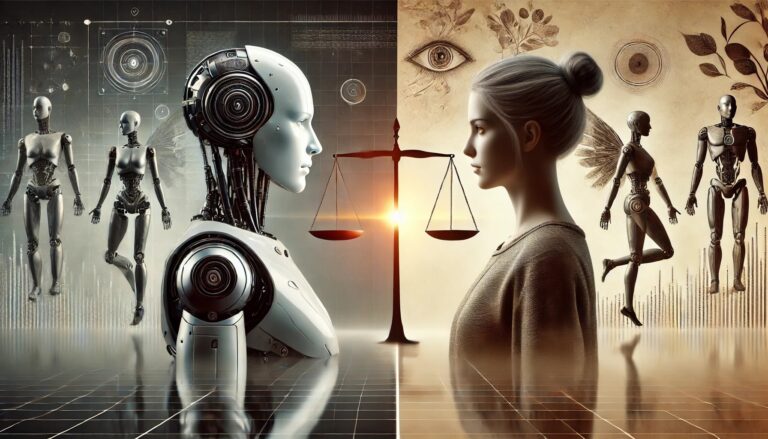
An appreciation of our own ignorance is vital to our humility, creativity and the safety of the decisions we make. Does AI have this quality and if not what does this mean?

Our demographics and the moral value we place on life as a society mean our military must rely on it exploiting technological advantage. But the increased dependence on support from suppliers makes the supply chain an extended part of the networked battlespace, and their security and resilience are critical.

Web browsers and email are the dominant routes used by hackers, and they frequently use browser extensions because they are often overlooked by users. What should you be doing as an individual or as an organisation to prevent this?